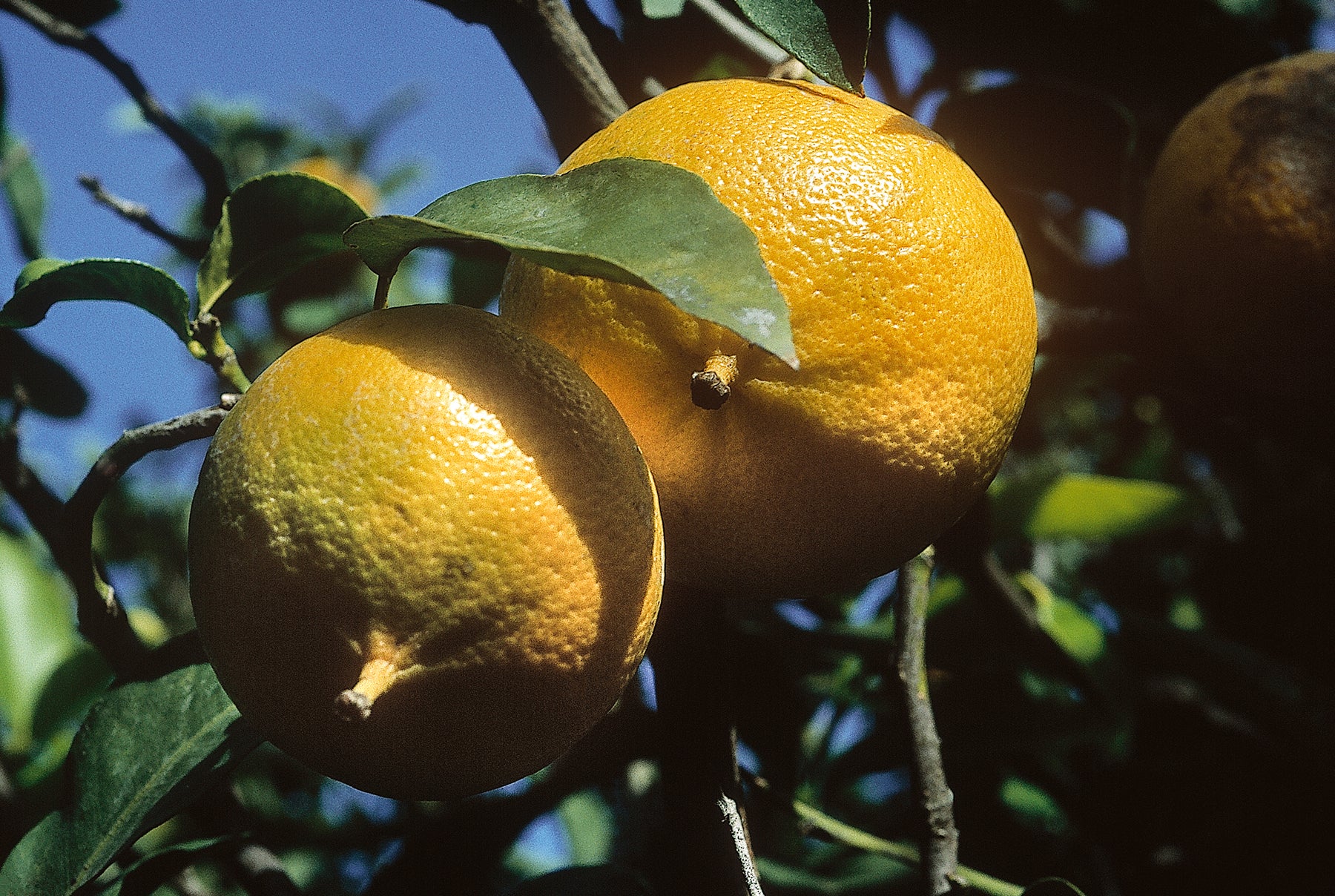
Away, together in Calabria
-
July 8, 2021
Reggio Calabria
My joy,
Yesterday we set off again towards the finis terrae, towards the tip of Italy that falls into Charybdis and Scylla, towards the rock where Europe and Africa, ancient Rome and ancient Greece and all the civilisations of the Mediterranean meet - towards Reggio Calabria, the last stay of our Italian journey. Then we will set sail and meet you on the seas.
How long has it been since we parted ways in the shadow of the Dolomites? If my count is correct since your last letter, you should now descry the Croatian coast and soon the Pearl of the Adriatic. Then you will set sail and meet us on the seas.
It was our last day of driving before reaching Reggio and the Aspromonte was impassively blocking the road to our goal. After overcoming the Pollino and its breathtaking summits, after passing through the Serre suffocating under dense and impenetrable woods, after crossing the Sila and its venerable granite plateaus where nothing lives but an enchanting nature tanned by the sun of neighbouring Sicily, there still was the Aspromonte – standing proud and upright despite its millennia, its jagged cliffs plunging straight into the turquoise of three seas. He, the witness of centuries, the haven of the mafiosi, he whose rocks redden from the heat than from the blood spilt for the vendettas, he still looked at us with all its Calabrese might.
He was Calabria.
We left at night, before the sun returned, at the early hour when summer is not yet unbearable, when the grass spreads a green perfume under the boughs of beech and olive trees, at the silent hour when Italy is still sleeping under the benevolent gaze of shepherds who graze their flocks in the vales. We were two lights, two headlights driving in the night, the timeless night that silently keeps the memory of those who have been silenced, two headlights that are nothing against the Italian night that wants not me disturbed. The moon concealed its light, the dawn delayed its colours and hurtled down the winding roads without seeing anything but the clumps and groves through which we passed, driving higher and higher until we wondered if this road didn't go straight to heaven - the Italians have always had a secret path to reach the heart of God.
We were still climbing when morning rose, still climbing when midday came; we passed a pass, then another, then suddenly after the Càncelo, the sky tore open and revealed the seas below, on either side of our car. Slopes of dry grass, valleys of yellow leaves, orchards rustling with the ozonic air coming from the north and from the south, and always this landscape of pastoral Provence, where there is water as much as there is rock, where there is red as much as there is blue and where the blues themselves merge, those of the sky and those of the seas. Calabria serenely unveiled herself, showing here and there its softness and all its warmth, while right in front of us the Aspromonte, like a colossus, nimbed with the gold of midday and with a few clouds torn on his sides, cast a shadow on the horizon with his robust shoulders.
We would go around it.
We had to come back on Earth.
We drove fast down the mountain sides towards the coastline, which is here a thin strip of land wedged between the feet of the mountain and those of the Ionian Sea. We felt so small, crushed by the sweltering heat of the desert though far away, inhabited by the silence of a dreamy nature, intimidated by the violence of these cliffs crushing into the foam of the Mare Nostrum, by this deep blueness where one sinks, by this infinitely transparent sky, by Italy shrinking behind us and Magna Graecia rising before us.
Kalon Brion, the land where goodness springs. This is what the Greeks called this country when they landed here in the 8th century, for its slopes are more fertile than theirs and the wine here is always better. We discovered as we drove, strings of Byzantine churches, the austere bell towers of the of the Catholics here give way to the roundness of oriental domes, the stones are limewashed and as in Greece, the villages cling to the cliffs like swarms of sanctity where monks and farmers live together.
There are no more forests here. There are only orchards as far as the eye can see, with white-flowered bergamot trees and ripe, bitter fruit that women still press on a sponge to extract its fragrant oil. I rolled down the window and filled my lungs with the scent of salty citrus, of flowers wilting from too hot a sun, of leaves swollen with sap and warm earth. For several dozen kilometres we saw nothing but vineyards and rows of citrus trees and a few meadows spangled with Norman and Angevin, Lombard and Lucanian, Greek and Roman, Saracen and Aragonese ruins - Calabria is an island.
I stopped in one of the orchards by the road. I got out of the car and was plucking a bergamot when a man shouted at me in Calabrian, the Grecian dialect they still speak here. His name was Gian Franco and he told me the story of the bergamot, concluding that no one knows where it came from or why it even grows here.
For it grows nowhere else in the world but here.
It is the "green gold" of Calabria. This zesty, bitter fruit has, since the 18th century, been making these craftsmen famous: the Gian Francos and there are many, the women who press it on a sponge or even the huge "pelatrices", the machines that peel the rind from the bergamot to extract its essence.
This is the gift of the gods to the descendants of the Greeks and the Trojans who still call their land "the land where goodness springs".
You should have seen Gian Franco's smile when he scraped rind of the bergamot I had picked and smelt the oil on his fingers. For want of being able to draw it for you - because you know how bad I am at this – I am sending you a few drops of this fresh and invigorating oil, lovely and citrusy, zesty and fresh, almost floral and tangy. May it make you smile too.
I will tell you another time about Reggio Calabria and the other marvellous towns that sprinkle the Calabrian countryside. You should know that we made it that day, to the other side of the Aspromonte. As I write these lines, we are close to finally setting sail.
So we will soon meet again.
On the seas…
E.


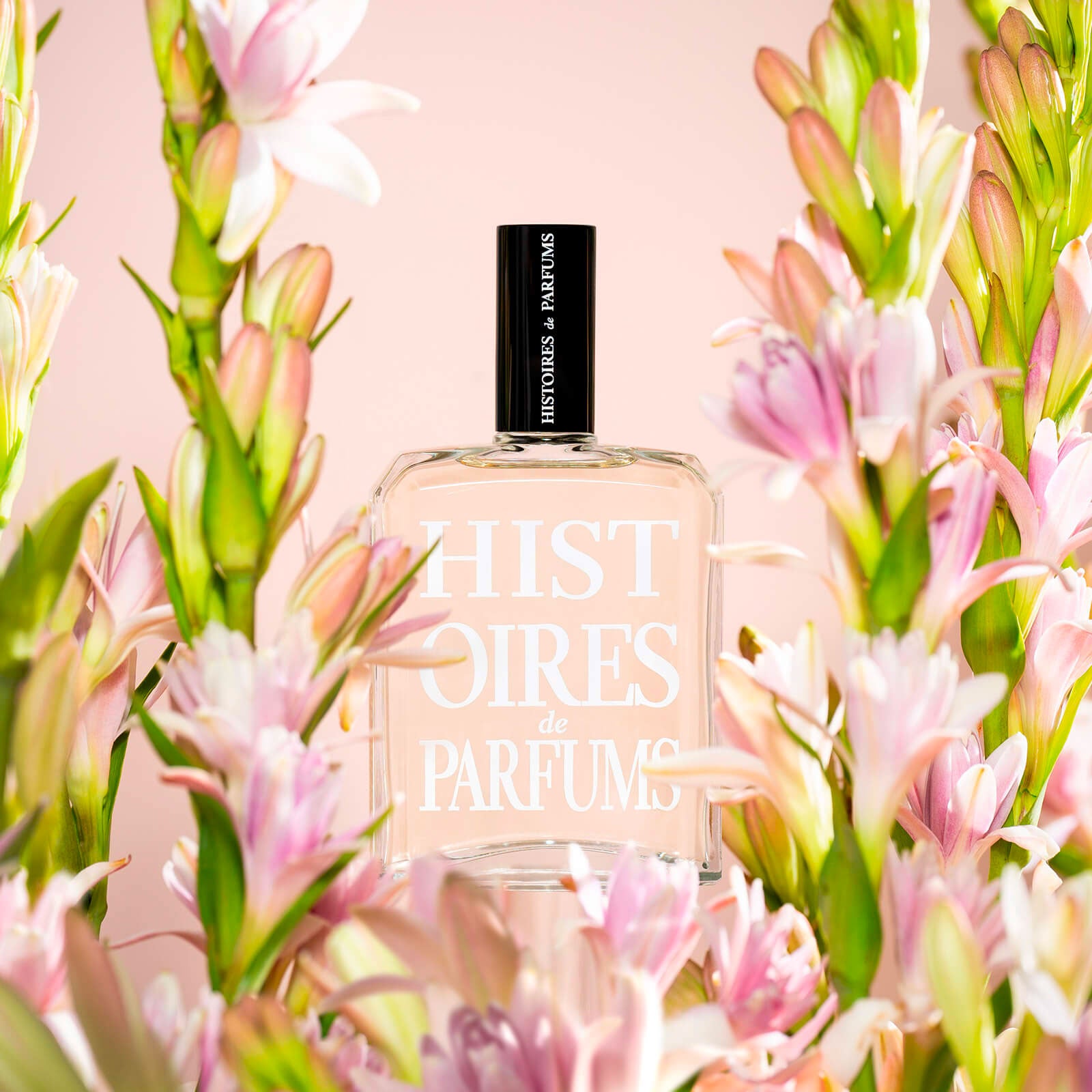
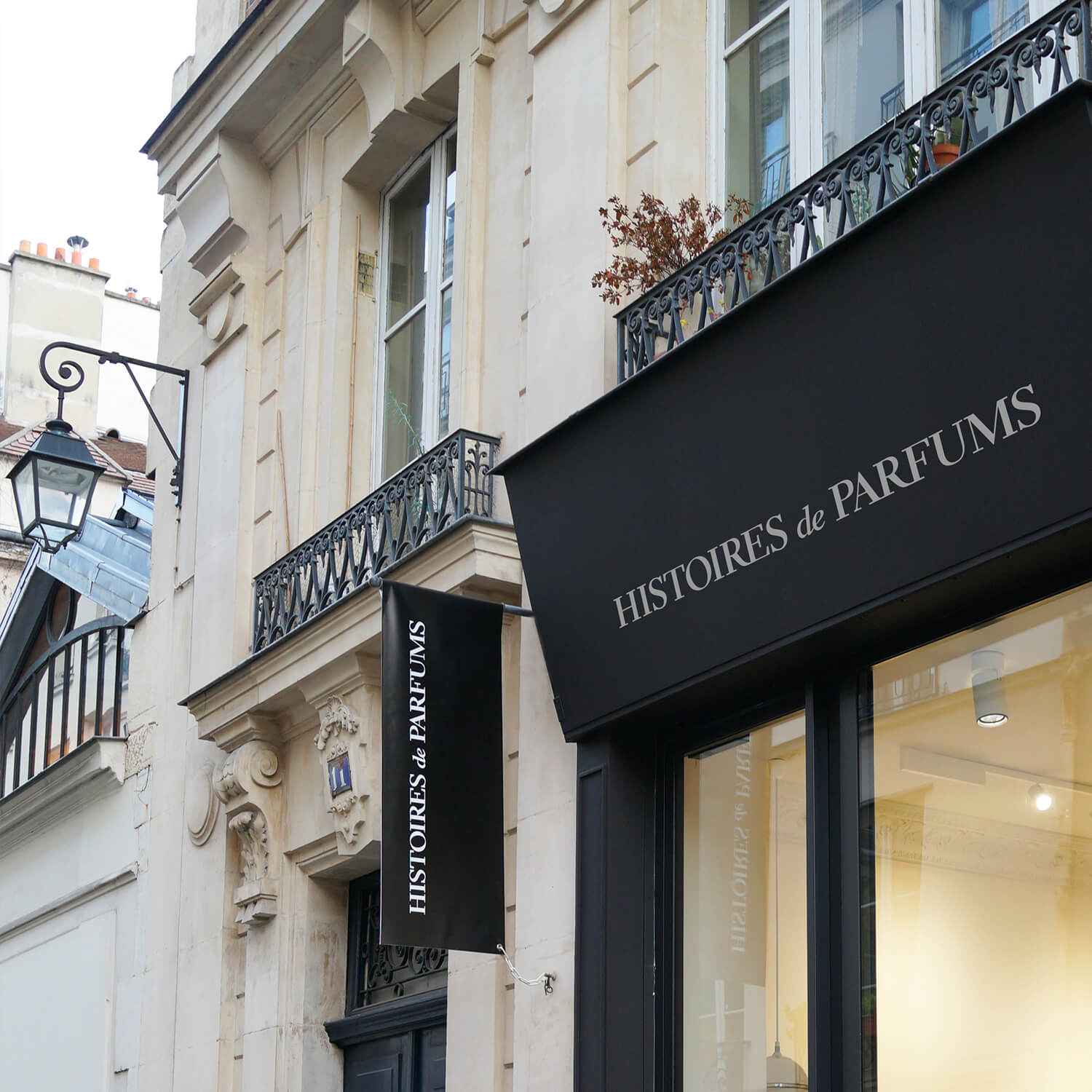
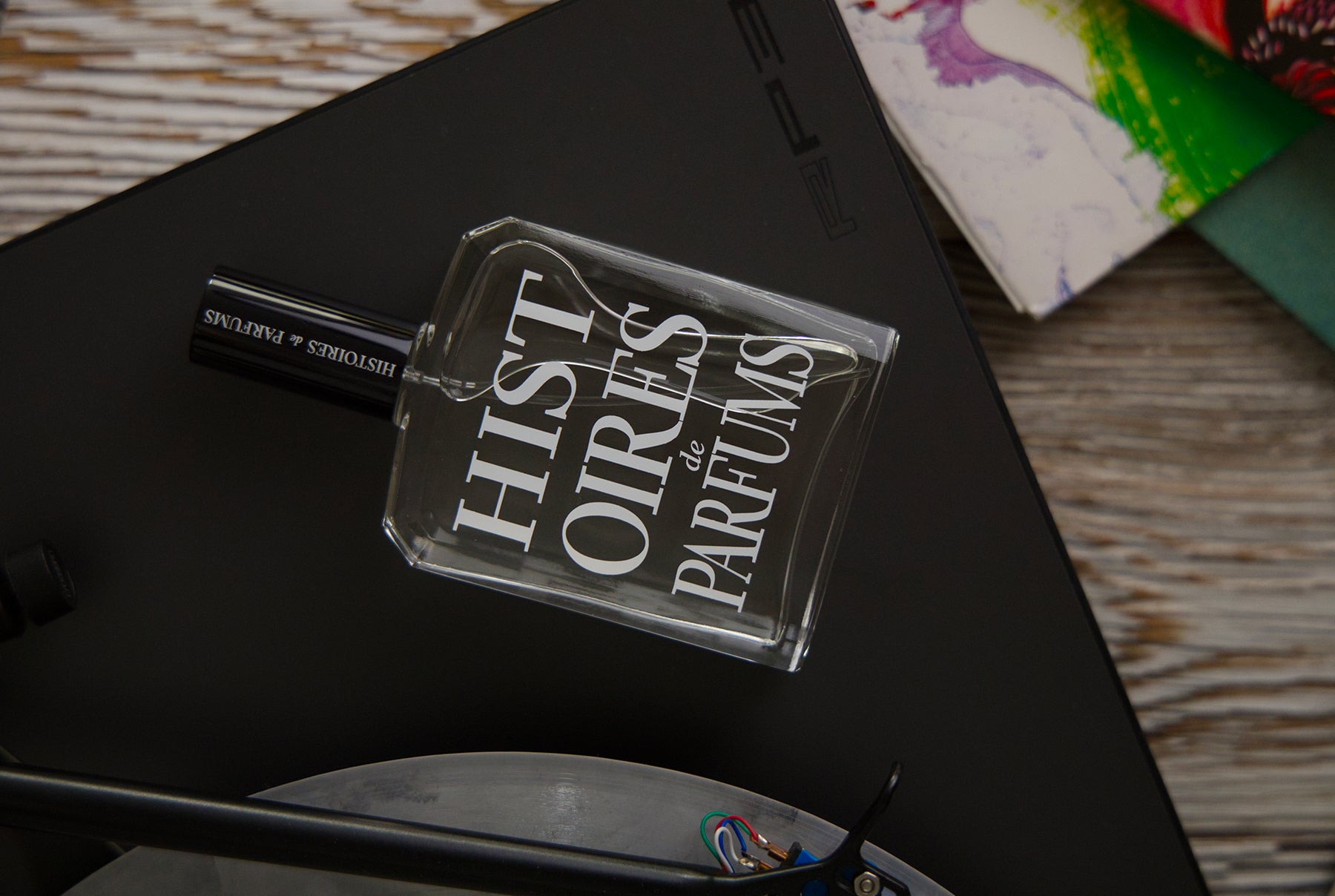
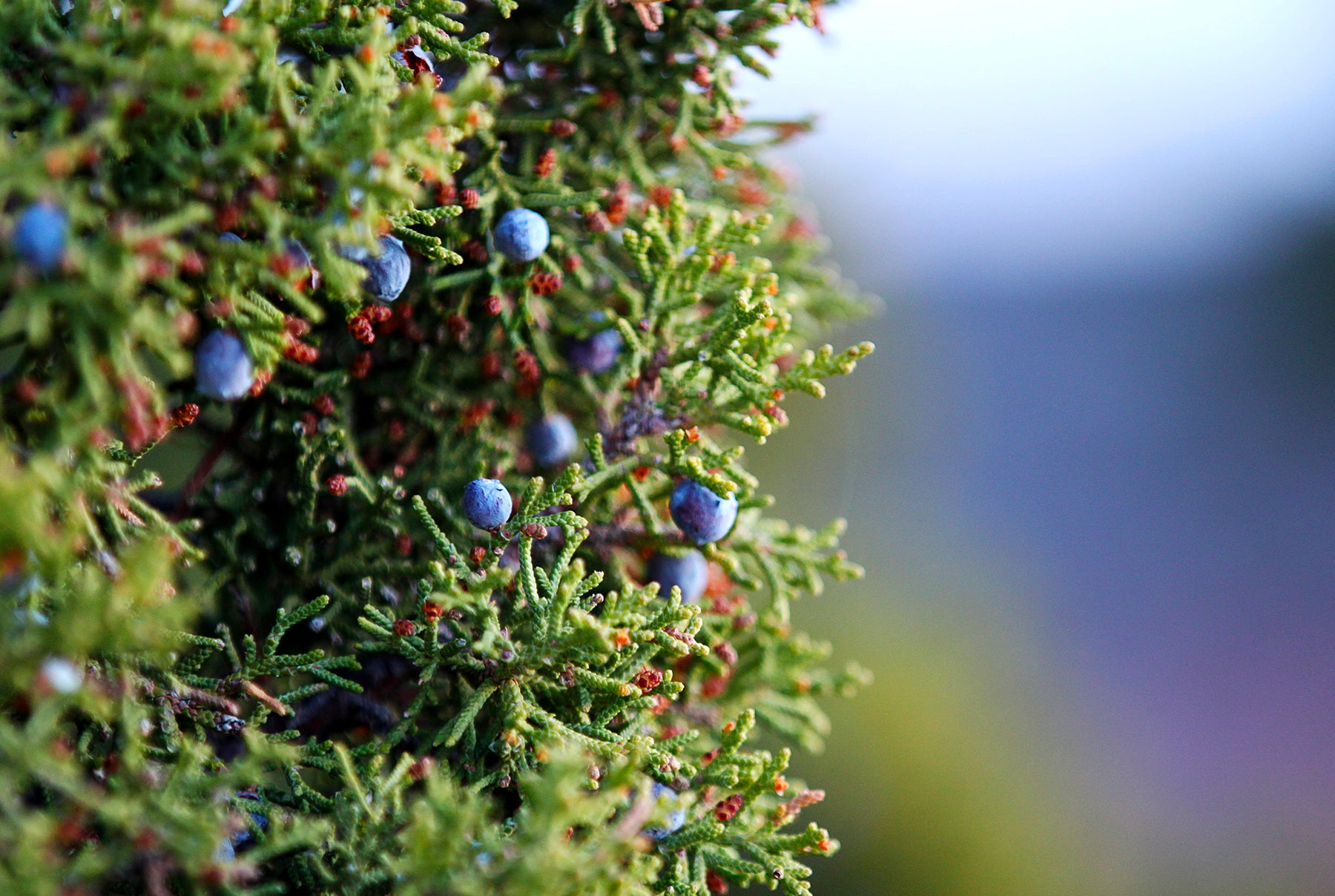
Leave a comment
This site is protected by hCaptcha and the hCaptcha Privacy Policy and Terms of Service apply.